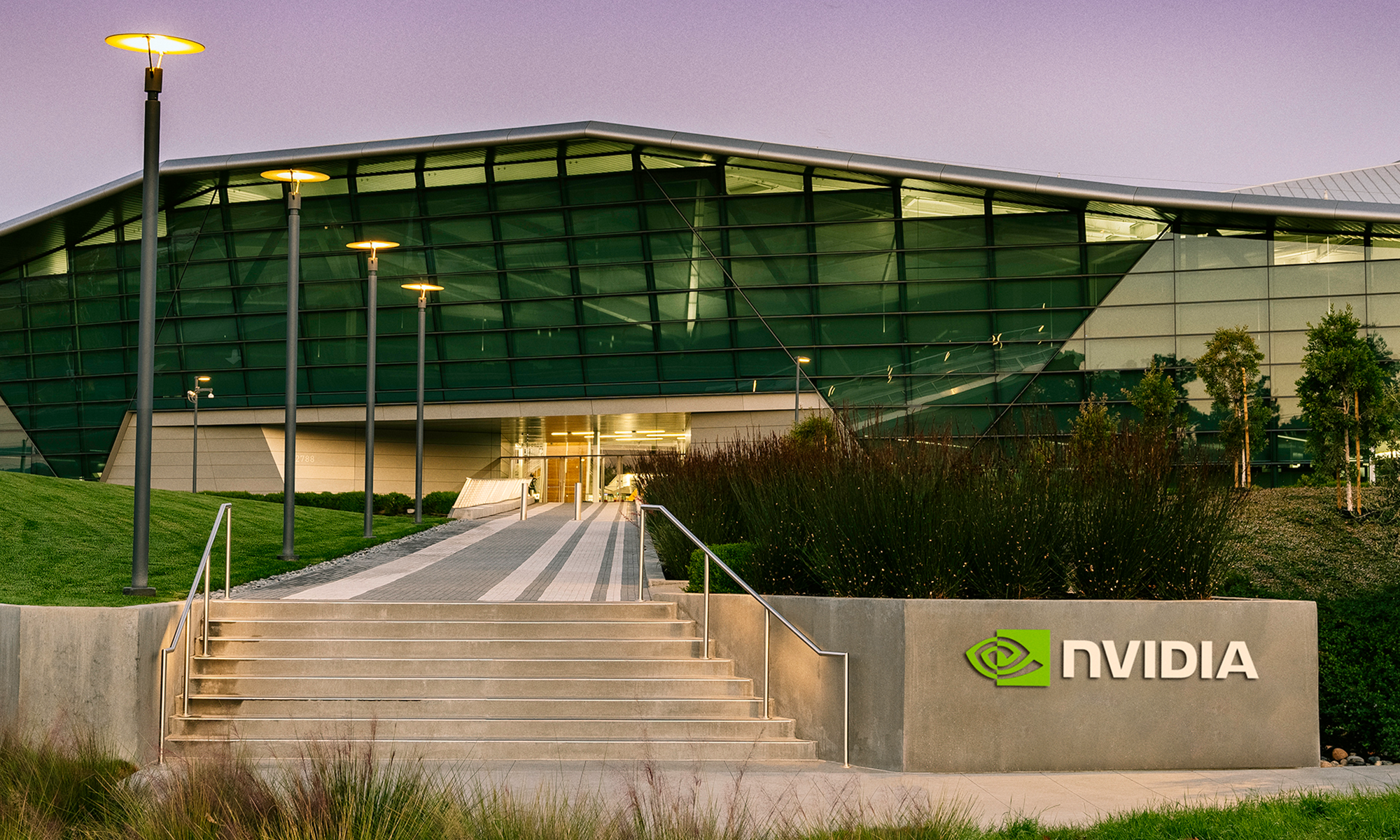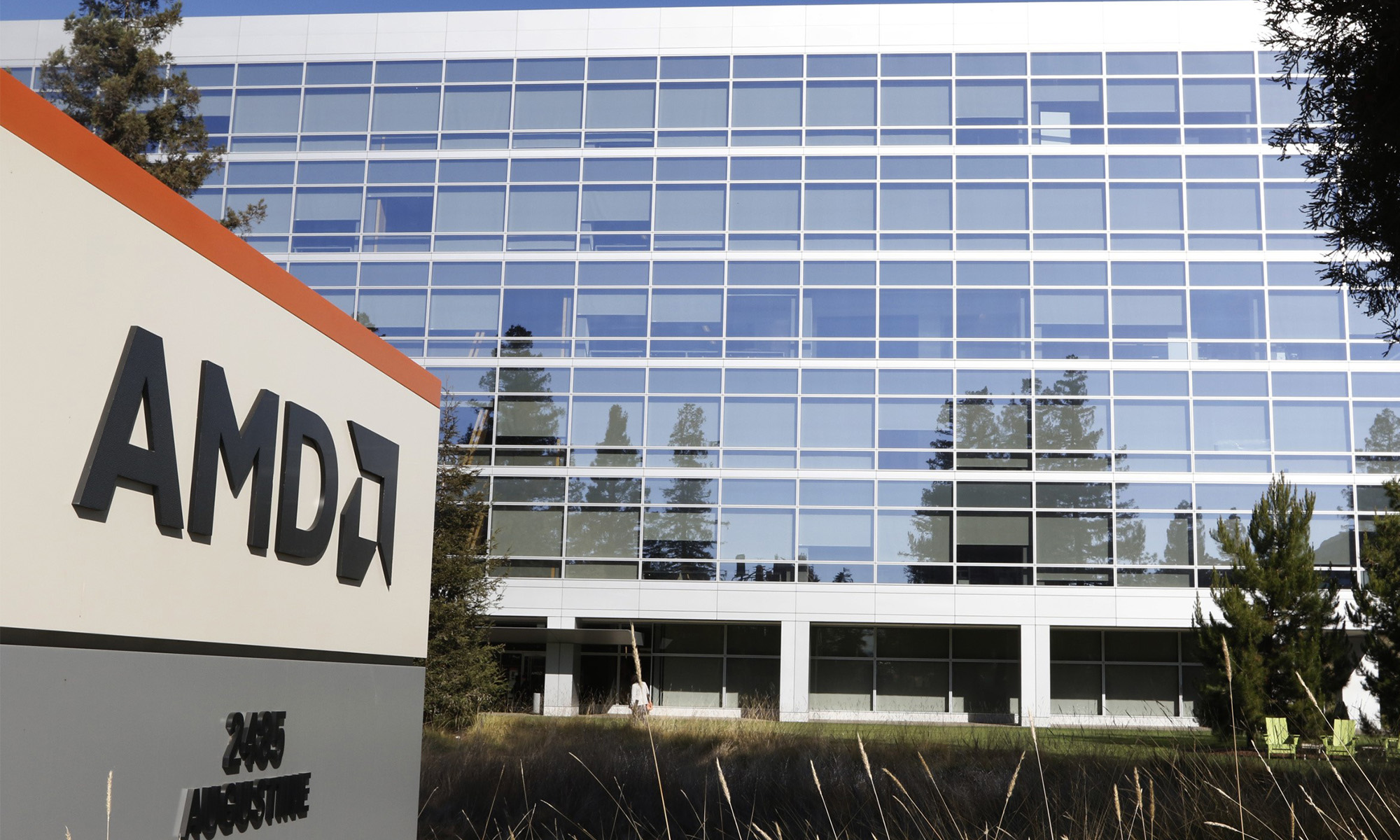Nvidia (NVDA +2.12%) has made headlines over the past few years as it's reinforced its position as an artificial intelligence (AI) chip leader. The company has spoken of "insane" demand for its latest architecture and chip, has delivered record levels of revenue and high profitability, and has shown that it can be part of every stage of AI growth. All of this has helped the shares to skyrocket, advancing more than 980% over the past three years.
But Nvidia has encountered one major hurdle along this path, and that's operating in the Chinese market. A few years ago, the U.S. launched export controls, preventing Nvidia and others from shipping their top-performing chips to that country. Nvidia responded by designing a chip that met U.S. guidelines, but this spring the U.S. informed the company that it could no longer export that chip without a license -- the U.S. hasn't yet granted such a license to chip companies.
That move officially closed the door to the Chinese market, prompting Nvidia to say it no longer would include China in its earnings guidance. Since, CEO Jensen Huang has spoken openly about how export controls will be negative for U.S. chip designers as well as the AI industry in the U.S. Now, Huang has something planned for July 16 that Nvidia investors should watch.

Image source: Getty Images.
Nvidia's AI dominance
First, though, a quick summary of Nvidia's path so far and its position in China. As mentioned, Nvidia is the world's AI chip leader, selling its graphics processing units (GPUs) to everyone from start-ups to tech giants. The company also offers a wide range of AI products and services, and this whole package has helped generate double- and triple-digit revenue growth -- Nvidia reported a staggering level of revenue in the latest full year at $130 billion.
Nvidia generates most of its revenue in the U.S., but China also is an important market. In the recent fiscal year, that country represented 13% of the company's total sales. This is as Nvidia sold its H20 chip, specifically designed to meet U.S. export guidelines for the Chinese market. But, as mentioned, Nvidia received a letter from the government this spring saying it could no longer continue shipping H20s as usual. This resulted in Nvidia taking a $4.5 billion charge in the quarter for H20s that it could no longer sell, and even worse, it locked this chip giant out of the China market.
Huang made a trip to China in April and hasn't given up on an eventual return to the market. "We are exploring limited ways to compete," Huang said during Nvidia's recent earnings call.

NASDAQ: NVDA
Key Data Points
What's happening on July 16
Now, let's consider what's happening on July 16. Huang plans to hold a press conference in Beijing, Reuters reported, citing an Nvidia official. The wire service also reported that two senators sent Huang a letter asking him not to meet with companies working with Chinese military or intelligence as well as companies on the U.S. export restriction list.
Should investors expect a big announcement from Huang during the media briefing? The Chinese export situation is complex, but Huang has shown himself to be resourceful in the past. One example is Nvidia's rapid development of the H20 to suit earlier guidelines. Another example of resourcefulness happened after President Donald Trump announced his import tariff plan this spring. Nvidia then said it would invest in U.S. manufacturing facilities to produce the first AI supercomputers in the U.S.
Of course, it's impossible to predict what Huang will say on July 16 with 100% accuracy, but I wouldn't be surprised if this resourceful CEO announces some progress on Nvidia's quest to return to the Chinese market. And if he does, this clearly could be big news for Nvidia -- and the stock could soar.
What does all of this mean for investors over the long term? The ability to sell chips once again to China would offer Nvidia a revenue boost, and that's positive. But it's important to keep in mind that even if Nvidia doesn't announce something big this week and it remains excluded from the Chinese market, this company still generates extremely strong growth -- and is well positioned to continue along that path with or without China. That's why, whether Nvidia is able to return to that market or not, this AI stock remains a fantastic one to hold on to over time.




